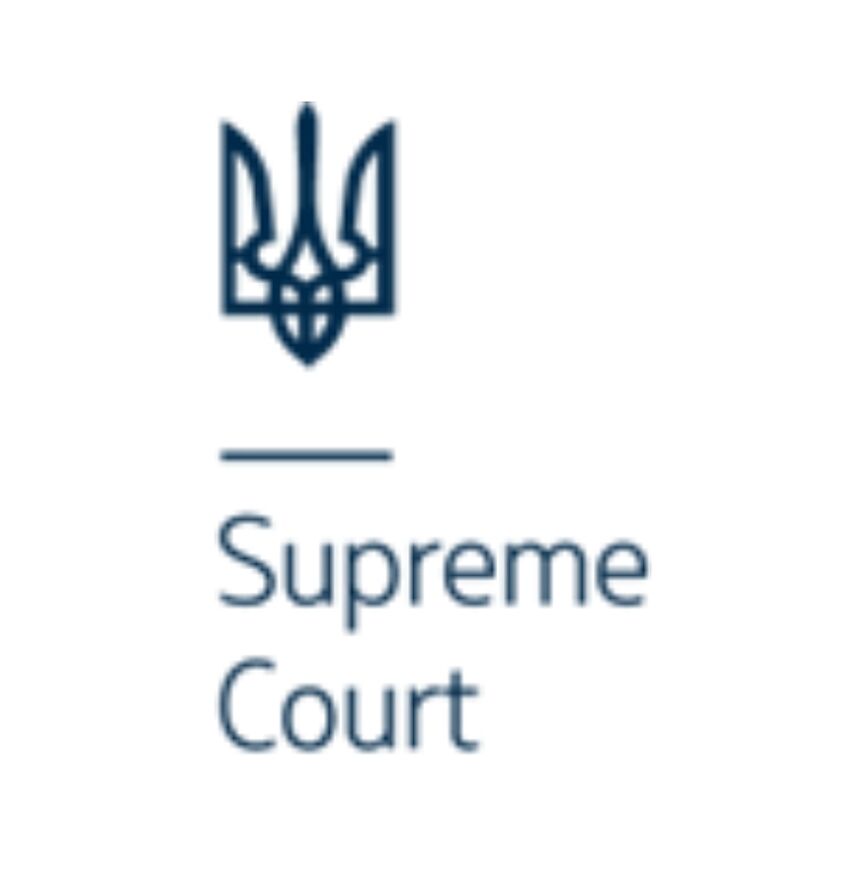Membership Type:
Institutional Observer
Address:
Address: 8, P. Orlyka
Kyiv, 00011, Ukraine
Telephone:
+38 (044) 591-10-00
Email:
hubar@supreme.court.gov.ua

The Supreme Court is the highest court in the judicial system of Ukraine, which ensures the consistency and unity of judicial practice in the manner prescribed by the procedural law.
The Supreme Court of Ukraine:
• Administers justice as a court of cassation and, in cases specified by procedural law, acts as a court of first or appellate instance within the framework established by procedural legislation.
• Analyzes judicial statistics and summarizes case law.
• Provides opinions on draft legislation related to the judiciary, legal proceedings, the status of judges, enforcement of judgments, and other matters concerning the court system.
• Issues opinions on whether actions charged against the President of Ukraine contain elements of treason or other crimes; at the request of the Verkhovna Rada, presents a written opinion on the President’s inability to perform official duties for health reasons.
• Addresses the Constitutional Court of Ukraine on the constitutionality of laws and legal acts, and on official interpretation of the Constitution.
• Ensures uniform application of legal provisions across courts of various specializations, in accordance with procedural law.
• Exercises additional powers as defined by law.
The structure of the Supreme Court includes:
· The Grand Chamber of the Supreme Court
· Administrative Cassation Court
· Commercial Cassation Court
· Criminal Cassation Court
· Civil Cassation Court
There is a Plenum in the Supreme Court, which operates as a collegial body composed of all judges of the Supreme Court.
The Supreme Court also systematizes and analyzes case law, prepares reviews of the case law of the European Court of Human Rights and the Court of Justice of the EU, which are published on the court's official website. The Supreme Court has launched a Ukrainian-language version of the ECHR Knowledge Sharing Platform, which is an important step in ensuring access to ECHR analytical materials in Ukrainian for judges of national courts.
Transparency and openness to the public are key principles of the Supreme Court’s activity. Court decisions are published online, and court proceedings are open to the public and the media, except in cases provided for by law (where open court proceedings may result in the disclosure of confidential or other information protected by law).
As part of its commitment to transparency, innovation, and continuous improvement, the Supreme Court has introduced three significant modern initiatives: Supreme Court Podcast, Supreme LAB and Supreme Observer.
The purpose of the Podcast is to create an open platform for professional discussion of current issues of judicial practice and exchange of views in search of answers to the questions that are of most interest to lawyers.
Supreme LAB is an innovative resource created by analysts and IT specialists of the Supreme Court that provides convenient access to information on cases considered by chambers, joint chambers and the Grand Chamber of the Supreme Court or pending before them, as well as model cases.
Supreme Observer is an online portal of modern law created to help the legal community stay up-to-date with the most important news, analysis and case law.
The Supreme Court actively cooperates with the supreme courts of other countries and international organizations, exchanging experience, implementing the best international practices and at the same time disseminating its own developments in order to ensure the modern and effective justice of Ukraine.
In particular, the Supreme Court cooperates with, the Network of the Presidents of the Supreme Judicial Courts of the European Union, the European Network of Councils for the Judiciary, the Hague Conference on Private International Law, the International Association of Supreme Administrative Jurisdictions, etc.
